Instead, USCIS is directing people to its online self-help tools and the USCIS Contact Center. Call the USCIS Contact Center at 800-375-5283 or submit an online request here.
The service center email addresses being discontinued are:
California Service Center: [email protected]
Vermont Service Center: [email protected]
Nebraska Service Center: [email protected]
Potomac Service Center: [email protected]
Texas Service Center: [email protected]
More information is here.


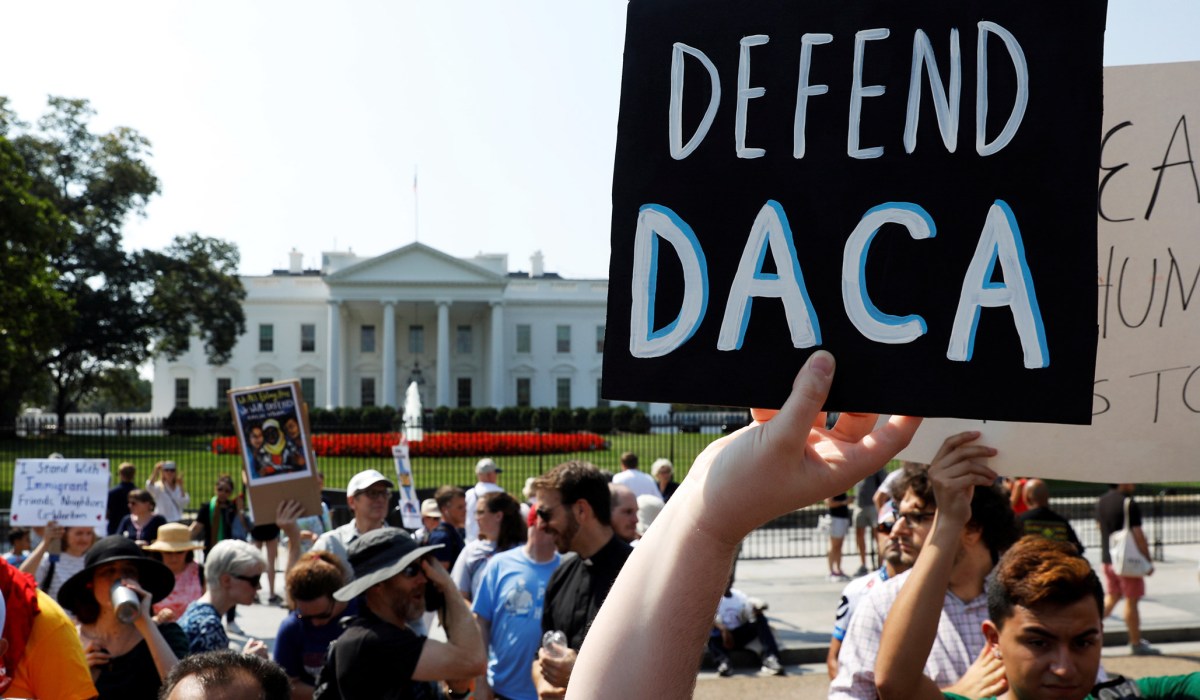
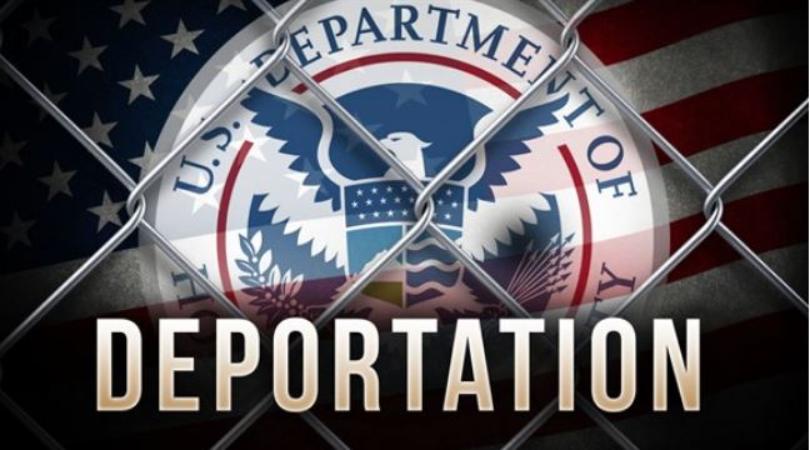
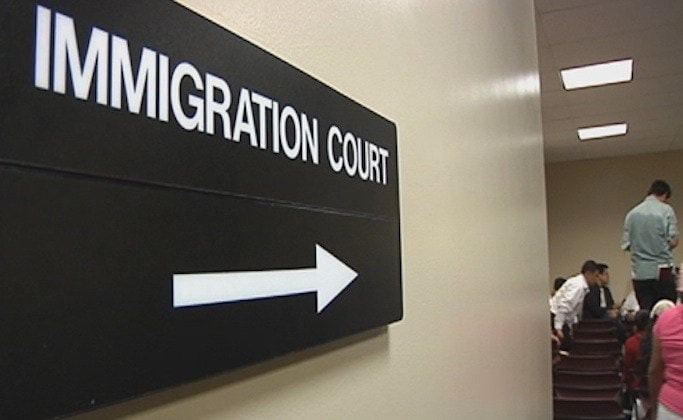
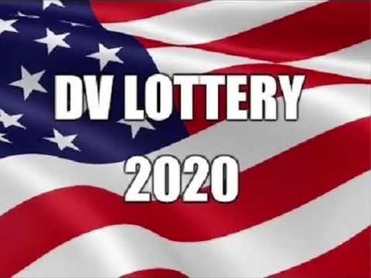
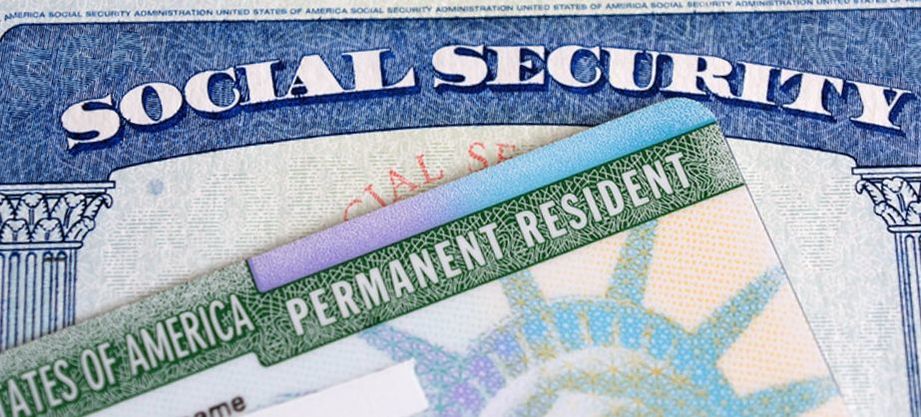


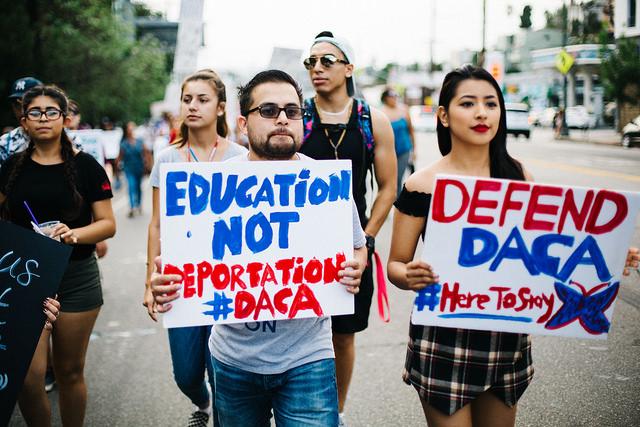
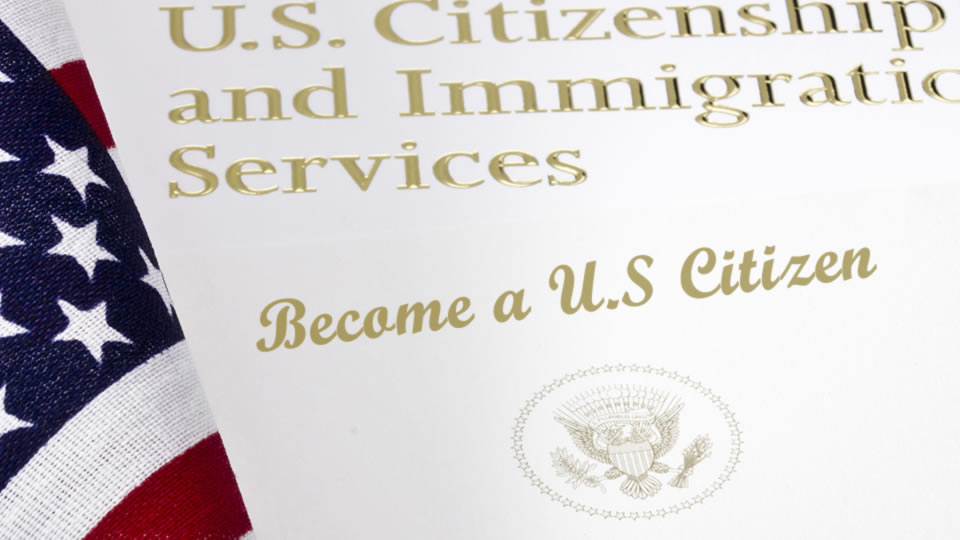

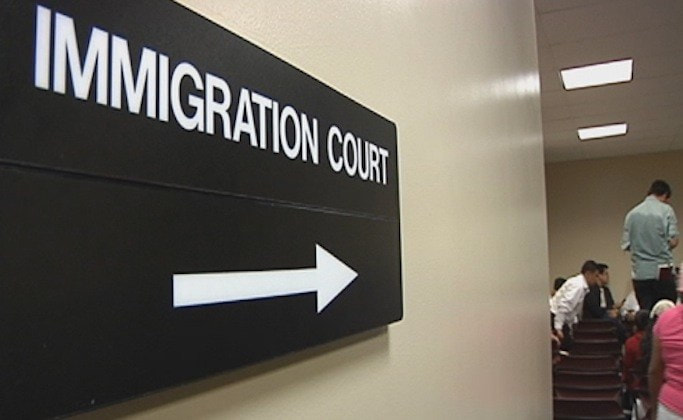
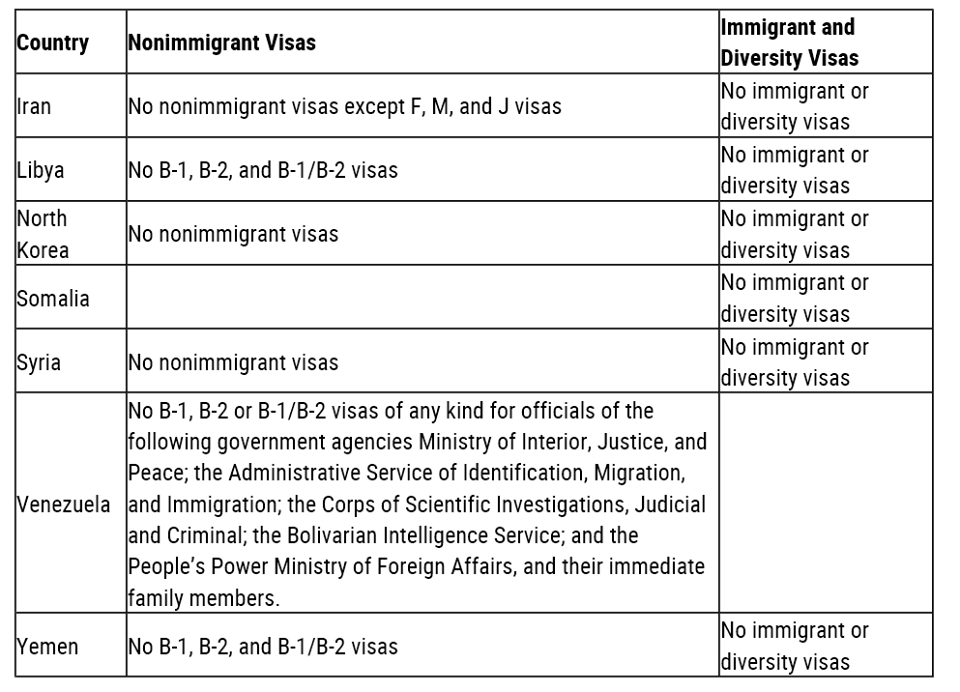

 RSS Feed
RSS Feed